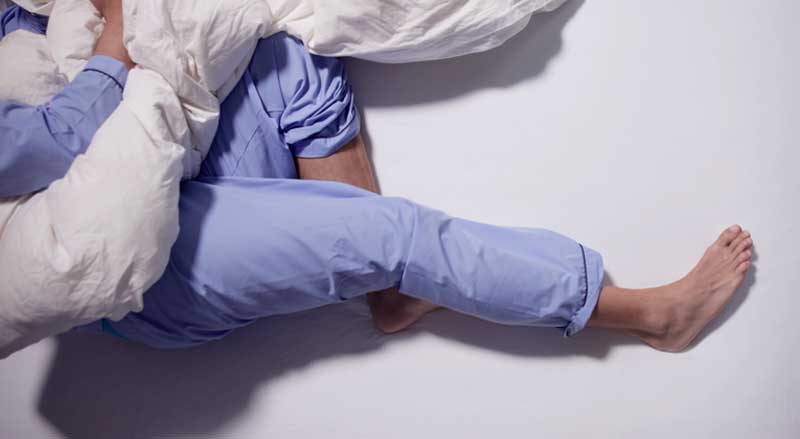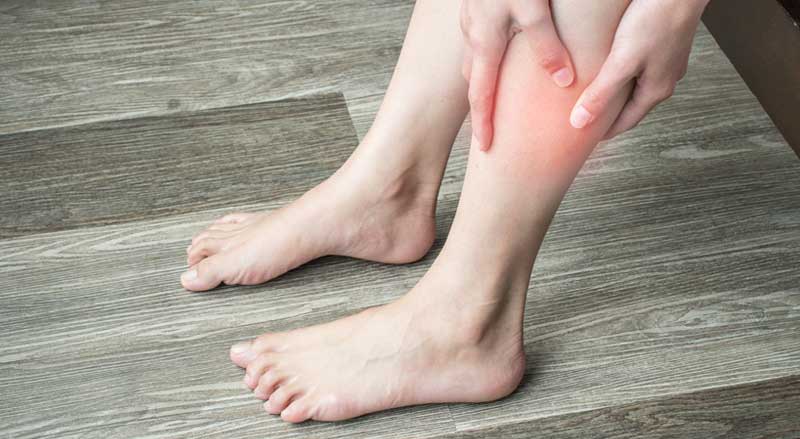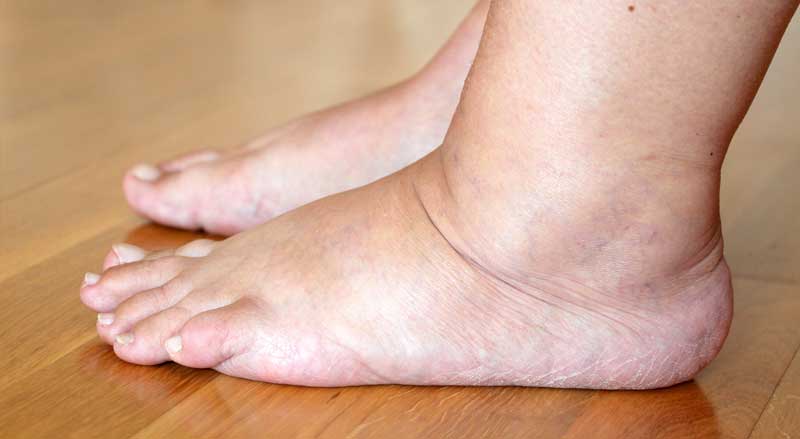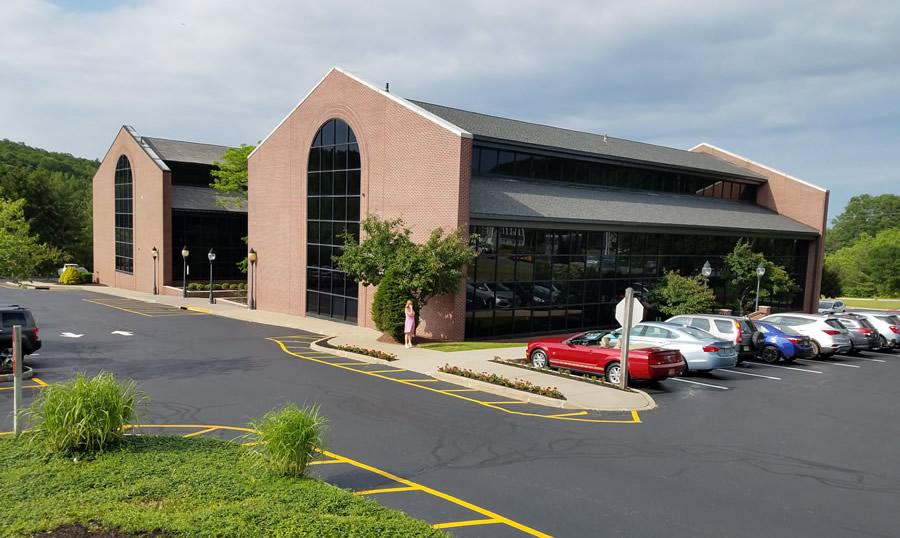Do your legs feel achy or stiff at the end of the day? Do you experience unexplained leg pain?
If you haven’t made any substantial changes to your daily routine, or if you’re getting older, circulation health could be to blame.
The good news is that doctors can easily diagnose and treat vein diseases. Read on to find six reasons to schedule a vein screening.
Why a Vein Screening is Important
Veins and their valves play a crucial role in maintaining overall health. Healthy veins efficiently pump blood upward toward the heart, while damaged veins and valves cannot work effectively, or at all.
When veins are damaged, blood can no longer move towards the heart effortlessly—instead, it pools in your legs, resulting in poor blood circulation.
Poor blood circulation can lead to serious health issues, from slower wound healing to potentially fatal blood clots, highlighting the importance of getting a vein screening to detect any potential problems early on.
Through a comprehensive screening, a skilled vein specialist can effectively identify and address a range of vein-related diseases and concerns, providing you with peace of mind about your vein health.
Schedule a Vein Screening If You Are Experiencing These Symptoms
Restless Legs
Restless leg sensations may include:
- Tingling and burning
- Creeping and crawling
- A constant urge to move your legs
Some studies have linked restless leg syndrome to vein disease. Happily, in these cases, treatment for your vein issues may also eliminate your restless leg symptoms.
Warm or Red Areas on Your Leg or Foot
If you are experiencing throbbing pain, swelling, noticeable redness, or if the skin on one of your legs feels hot, you should consider scheduling an appointment with a vein specialist to rule out the possibility of deep vein thrombosis (DVT).
Deep vein thrombosis (DVT) is a severe health condition that involves the formation of a blood clot(s). It’s important to be aware of its seriousness and understand that it requires immediate medical attention.
If you’re a frequent traveler, take extra care. Confined spaces in planes and cars can increase the likelihood of blood clots forming in the legs. If you travel often, it’s beneficial to have periodic vein assessments to help prevent severe problems from developing during travel. Your vein doctor can advise you on measures to prevent blood clots from forming.
Read this important post about leg pain and when you should see a doctor.
Visible Veins on Your Legs
If you see spider or varicose veins on your leg, you may have a vein disease that would benefit from treatment. A vein screening will let you know the health status of your veins.
Leg Cramping or Charley Horses
Leg cramping is a common sign of poor circulation. Impaired circulation prevents the body from effectively delivering oxygen to muscle tissues in a timely manner, resulting in stiff and cramping muscles.
If you have Chronic Venous Insufficiency (CVI), you may experience cramping in your calf or feet at night as well as after sitting for an extended period during the day.
Heavy, Weak, or Tired Legs
If your legs often feel heavy, weak, or tired, it can be a sign of impaired vein function in your legs.
Swollen Feet and Ankles
CVI can cause blood to pool, which results in the feet and ankles swelling. This swelling usually worsens as the day goes on.
Additional Symptoms
The following symptoms are additional reasons to undergo a vein screening.
- Throbbing, itching, burning legs
- Skin discoloration
- A feeling of achiness
- Cold legs
- Numb legs
- Leg discomfort when sitting or standing
- A leg ulcer that has trouble healing
Here’s additional information about warning signs and diagnosing and treating vein disease.
Family History
Did you know that vein disease is hereditary?
If you have a close family member with varicose veins, or there’s a history of blood clots in your family, you are at greater risk for developing vein disease.
Over The Age of 50
Venous insufficiency problems can develop in people as young as their 30s and 40s.
However, most people with vein disease are older than 50. This is because age usually narrows and weakens veins and valves, leading to spider veins, varicose veins, and circulatory issues.
Sedentary Lifestyle or Standing For Long Periods
Living a sedentary lifestyle has been proven to have negative effects on your health. Health experts recommend walking daily to help combat weight gain, reduce anxiety, and prevent vein disease.
On the other hand, spending prolonged periods standing at work can increase the risk of developing vein problems due to blood pooling in the legs caused by gravity.
Overweight
When a person is overweight, there is increased pressure on their veins, especially those in the lower extremities, which can cause damage.
The extra weight further stresses the body’s circulatory system, causing veins to work harder to ensure good flow. This extra work can also damage veins.
A Vein Screening is Easy
At NJVVC, we offer free Varicose vein screenings.
We welcome you to contact us with any questions about vein disease, symptoms, appointments for screening, diagnosis, or treatment.






